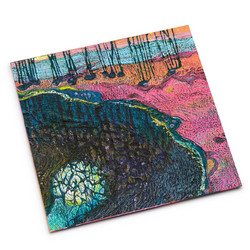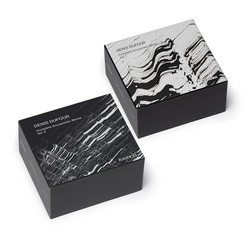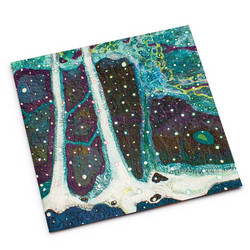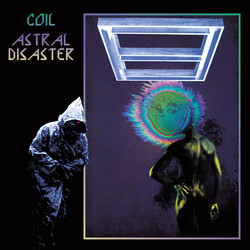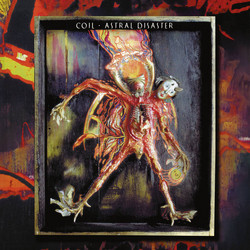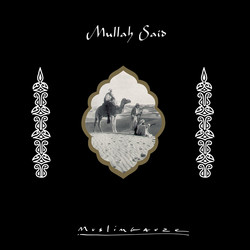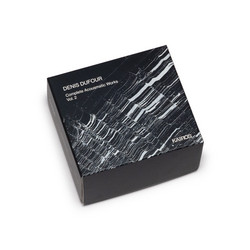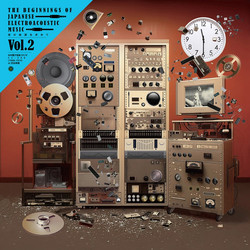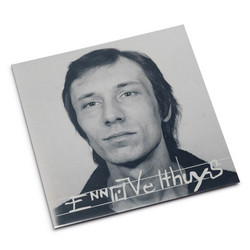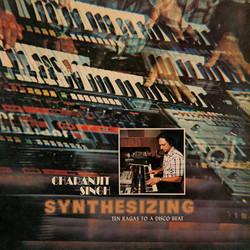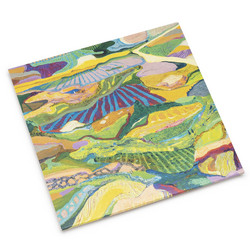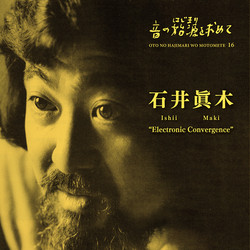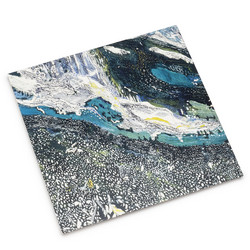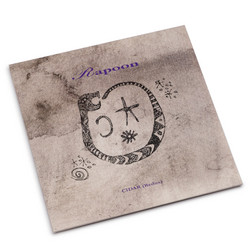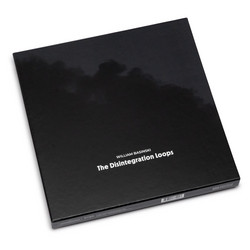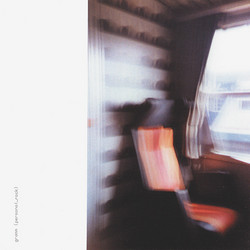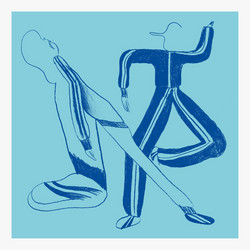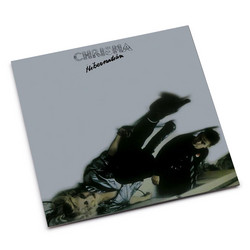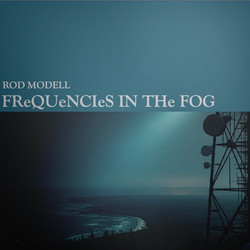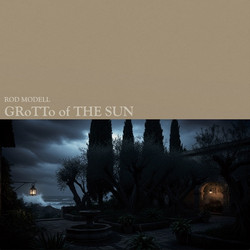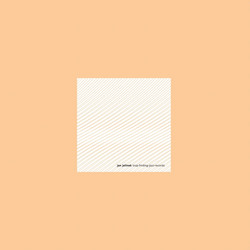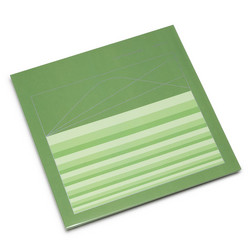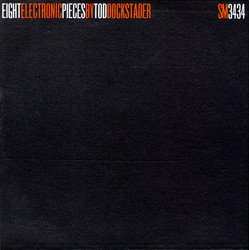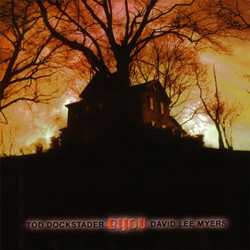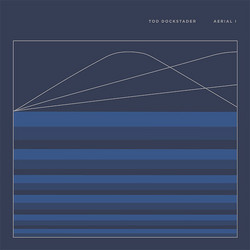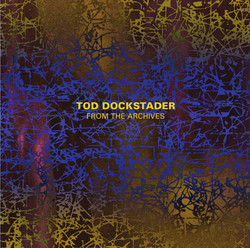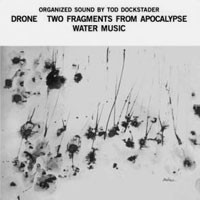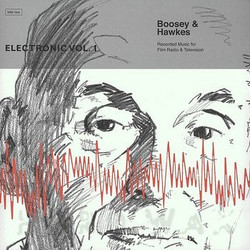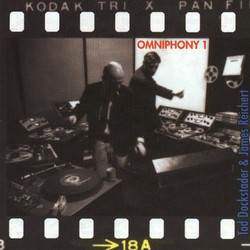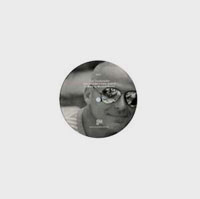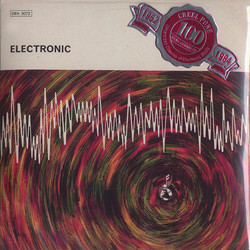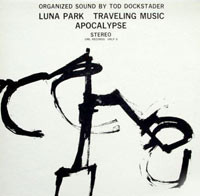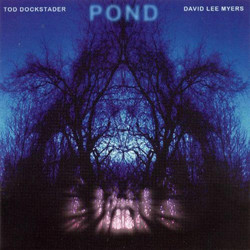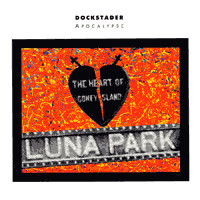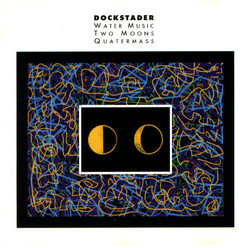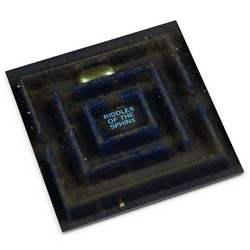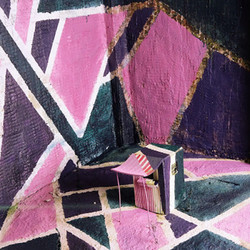Mordant Music beautifully join the dots between the hauntological zeitgeist and original library music with the 2nd of two vinyl reissues of seminal tape music by Tod Dockstader. Born 1932 in Saint Paul, Minneapolis, Dockstader majored in psychology and art but would go on to explore his interests in painting and film as an apprentice editor in Hollywood. This led to a job as a sound engineer in 1958, employed at Gotham Recording studios, where he started meticulously composing during long after-hours sessions. In 1960 his first LP 'Eight Electronic Pieces' was issued on Folkways Records and later used to soundtrack Federico Fellini's 'Satyricon' in 1969, but his most famous piece of the '60s was 'Quatermass', completed in 1964 and later reissued in the '90s. It formed part of a quartet of albums for Owl Records that were respectfully re-released by Starkland, shedding overdue attention on a body of work which was dismissed at the time by the likes of Otto Luening and Vladimir Ussachevsky at Columbia-Princeton Electronic Music Center for his lack of academic experience. This LP was first issued by library music label Boosey & Hawkes in 1981, and renders some 23 electronic cues of exceptional calibre, at once freaky, funky, spaced-out and wonderfully dramatic - and all coming from an avowed non-musician. Much like Daphne Oram - another sonic autodidact who was also shunned by the establishment - Dockstader's music has a genuinely alien, ethereal quality that equally stems from his explorative naivety and a taste for evocative tone and structure, resulting in a phantastic sound which stands out from its era and has since fed forward into contemporary music, from Mordant's own productions, to the aesthetics of Ghost Box, Public Information, Sub Rosa and many more. This is a truly charming side rightfully in need of a loving reissue - saving us all the £70+ 2nd hand asking price! I think we all owe MM a pint for this one.
This LP was first issued by library music label Boosey & Hawkes in 1979 after a long period of inactivity, and renders some 23 electronic cues of exceptional calibre, at once freaky, funky, spaced-out and wonderfully dramatic - and all coming from an avowed non-musician. Much like Daphne Oram - another sonic autodidact who was also shunned by the establishment - Dockstader's music has a genuinely alien, ethereal quality that equally stems from his explorative naivety and a taste for evocative tone and structure, resulting in a phantastic sound which stands out from its era and has since fed forward into contemporary music, from Mordant's own productions, to the aesthetics of Ghost Box, Public Information, Sub Rosa and many more. This is a truly charming side rightfully in need of a loving reissue
